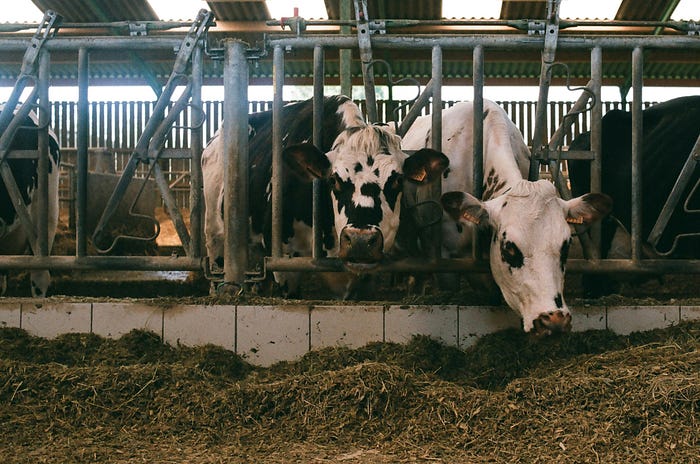Navigating the World of : Insights and Innovations
The global demand for high-quality animal feed is more critical than ever as the agriculture and farming industries strive to meet the nutritional needs of livestock efficiently and sustainably. Animal feed manufacturers play a pivotal role in this ecosystem, developing products that not only support the health and growth of animals but also impact the overall productivity of farms and the environmental footprint of animal husbandry. In this blog, we delve into the current trends, challenges, and innovations shaping the world of animal feed manufacturers.

Understanding the Role of Animal Feed Manufacturers
Animal feed manufacturers are essential players in the agricultural supply chain. They produce a variety of feed products designed to optimize the health and productivity of animals including poultry, swine, cattle, and aquaculture. The scope of their work involves scientific research, nutritional expertise, and advanced production processes to create formulations that meet specific dietary requirements.
The Shift Towards Sustainable Practices
Sustainability is becoming a key focus in the animal feed industry. Manufacturers are increasingly exploring ways to reduce the environmental impact of their operations and products. This includes using alternative raw materials such as insect protein, algae, and single-cell proteins, which not only help in reducing reliance on traditional crops like soybean and corn but also minimize the carbon footprint associated with feed production.
Technological Advancements in Feed Production
Technology plays a significant role in the evolution of Animal feed manufacturers. Innovations such as precision feeding systems, IoT-enabled feed management, and data analytics are transforming how feeds are formulated, produced, and delivered. For instance, precision feeding technologies allow for the adjustment of feed composition in real-time based on the nutritional needs and health indicators of individual animals, thereby enhancing feed efficiency and reducing waste.
Challenges Faced by Animal Feed Manufacturers
Despite advancements, the industry faces several challenges. Fluctuating raw material prices, regulatory pressures, and the ever-increasing demand for transparency and traceability in the supply chain are significant hurdles. Additionally, the global nature of the market subjects manufacturers to the complexities of different regulatory environments, impacting how products are developed and marketed worldwide.
The Importance of Nutritional Innovations
At the heart of feed manufacturing is the science of animal nutrition. Manufacturers are constantly researching new additives and formulations that enhance the health benefits of feed. Probiotics, prebiotics, and enzymes are now common additives that help improve digestion and nutrient absorption in animals, supporting their immunity and overall well-being.
The Impact of Consumer Preferences
Consumer preferences also influence feed manufacturers. As people become more conscious of the quality of the meat, milk, and eggs they consume, there is a greater demand for products derived from animals that have been raised on high-quality, ethically-produced feeds. This has led to an increased market for organic and non-GMO feeds, pushing manufacturers to adapt their product lines to meet these consumer trends.
Regulatory Trends and Their Impact
Regulatory trends significantly impact animal feed manufacturing. With a growing focus on animal welfare and environmental sustainability, governments worldwide are tightening regulations that dictate how feed is produced and what it can contain. Manufacturers must stay ahead of these regulations to ensure compliance and maintain market access.
The Future of Animal Feed Manufacturing
Looking ahead, the future of animal feed manufacturing is likely to be shaped by further advancements in biotechnology, more stringent sustainability criteria, and evolving global dietary trends. As the planet’s population continues to grow, the pressure on feed manufacturers to produce more with less will intensify. This will likely lead to more innovation in the use of non-traditional feed ingredients and further development of technologies that maximize feed efficacy and minimize environmental impact.
Conclusion
Animal feed manufacturers are at the forefront of addressing some of the most pressing challenges in the agricultural sector today. Through innovation and adherence to sustainability and quality, they not only contribute to the health and productivity of livestock but also impact food security and sustainability globally. As the industry continues to evolve, staying informed and engaged with these changes will be crucial for everyone involved in the agriculture and food production ecosystems.
Understanding the dynamics of this industry is essential not only for those directly involved in animal husbandry but also for consumers, policymakers, and environmental advocates. The decisions made by animal feed manufacturers today will inevitably shape the future of our food systems tomorrow.
.jpg)
Comments
Post a Comment